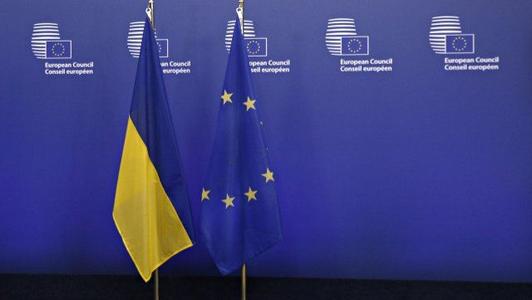
Council adopts temporary trade preferences in favour of Ukraine
On 17 July 2017, the Council adopted a set of temporary autonomous trade measures in favour of Ukraine. These measures should enter into force by the end of September and will apply for a period of three years. “With today's decision, we are allowing more Ukrainian products to be exported to the EU. It is our duty to support Ukraine and strengthen our economic and political ties, also in the face of the ongoing conflict on its soil," said Sven Mikser, Minister for Foreign Affairs of Estonia, which currently holds the Council presidency.
The proposal is aimed at improving access for Ukrainian exporters to the EU market, in view of the difficult economic situation and the economic reform efforts undertaken by Ukraine. It adds to trade provisions already introduced under an EU-Ukraine association agreement that have been provisionally applied since 1 January 2016 and that will formally enter into force on 1 September 2017.
Applying for a three-year period, the measures consist of:
1. Additional annual import quotas at zero tariff for the following agricultural products ('tariff rate quotas' at 0%):
- Natural honey - 2500 tonnes.
- Processed tomatoes - 3000 tonnes.
- Grape juice - 500 tonnes.
- Oats - 4000 tonnes.
- Wheat - 65 000 tonnes.
- Maize - 625 000 tonnes.
- Barley - 325 000 tonnes.
- Groats and pellets of certain cereals - 7800 tonnes.
2. Full removal of import duties on several industrial products, such as fertilisers, dyes, pigments and other colouring matters, footwear, copper, aluminium, as well as television and sound recording equipment.
Safeguard measures will apply. Ukraine will be obliged to respect the same principles as under the association agreement. These include respect for democratic principles, human rights and fundamental freedoms and for the principle of the rule of law, as well as continued and sustained efforts with regard to the fight against corruption and illegal activities.
Today's decision is the final step necessary to formally adopt the regulation. The European Parliament adopted the text on 4 July. The text should be published and enter into force shortly after the signature of the text by the co-legislators during the EP's plenary session in September.